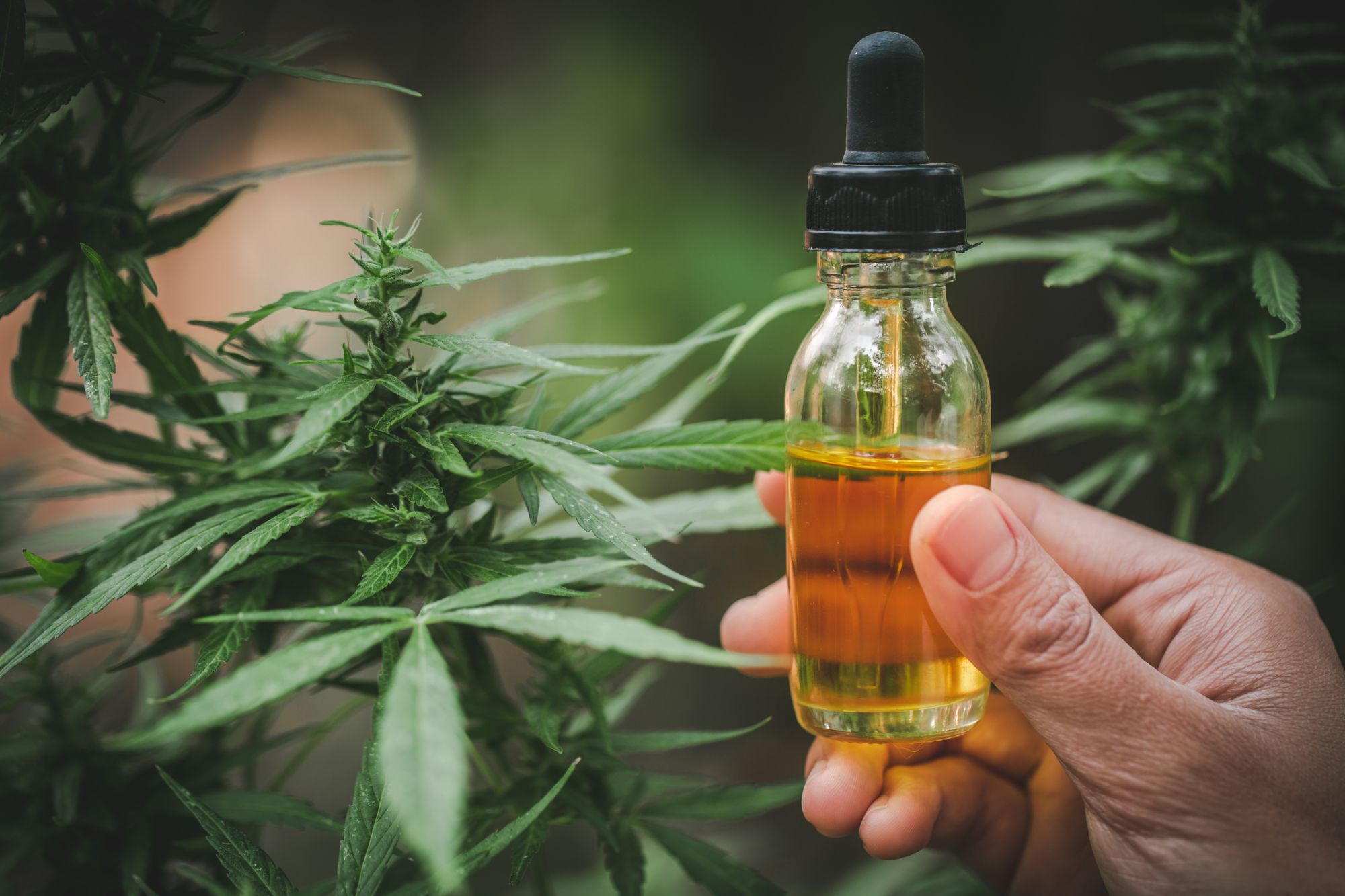Here is justifiable enthusiasm regarding CBD’s health advantages. In light of recent discoveries, the chemical may be utilized to cure a variety of diseases, disorders, and discomfort. In recent years, CBD tincture has become more popular, and many individuals are starting to question whether they should include one in their wellness routine.
How do tinctures work, and how do they vary from other CBD administration methods?
CBD: The Fact Behind It
Cannabidiol, sometimes known as CBD , is a kind of molecule found in cannabis. Hemp and Cannabis sativa are the natural sources of this chemical (marijuana). Laboratory synthesis of CBD is possible but seldom done.
CBD, in contrast to the related molecule THC, does not result in the “high” often associated with cannabis use. On the other hand, CBD is a powerful molecule that shows promise for a wide range of positive benefits for the human brain and body.
What is CBD?
Natural extracts are often too potent for human consumption. By adding additional ethanol, the extract may be diluted to a safe level. Tinctures containing cannabidiol (CBD) are prepared by extracting CBD from cannabis using a solvent such as grain alcohol and afterward diluting the resulting concentrate.
Using it correctly in your diet:
A single dose of CBD tinctures is just measured in drops due to their high concentration. It just takes a few drops to transform practically any dish or drink. Common automobiles are:
-
- Coffee
- Tea
- Soup
- Items that have been baked
Direct ingestion of CBD tinctures is favored by some users. Sublingual administration has been shown to increase the compound’s bioavailability in several studies. Sublingual refers to the placement of a substance beneath the tongue.

Why take CBD?
CBD has been shown to significantly mitigate the symptoms of numerous types of epilepsy. CBD has shown promise in alleviating the symptoms of a wide range of medical conditions, including chronic pain, anxiety, sleeplessness, and even pimples.
CBD tinctures might help alleviate your symptoms when you experience any of the above. Although cannabidiol (CBD) has a low-risk profile, it does come with some potential side effects.
-
- Nausea
- Irritability
- Verbal parchedness
- Lightheadedness
CBD may potentially interact with medicines in very unusual circumstances. If you think you could have an allergic response, talk to your physician.
Final words:
Cannabidiol (CBD) tinctures are made by combining cannabis or hemp extraction with vodka. It has been suggested that taking the right dosage may assist with chronic pain, stress, and other problems. CBD tinctures may be found in different strengths and can be taken sublingually or added to meals.

